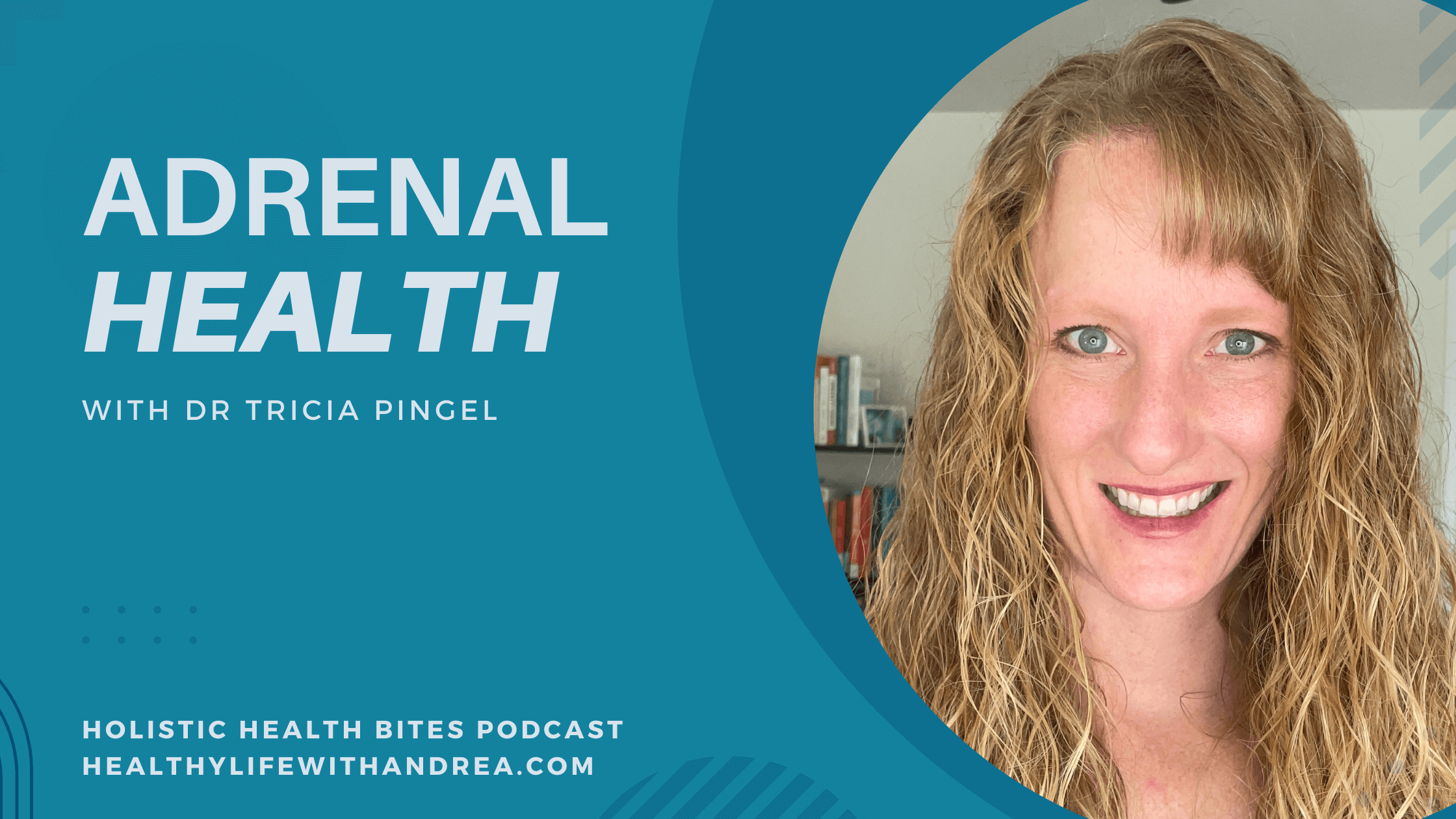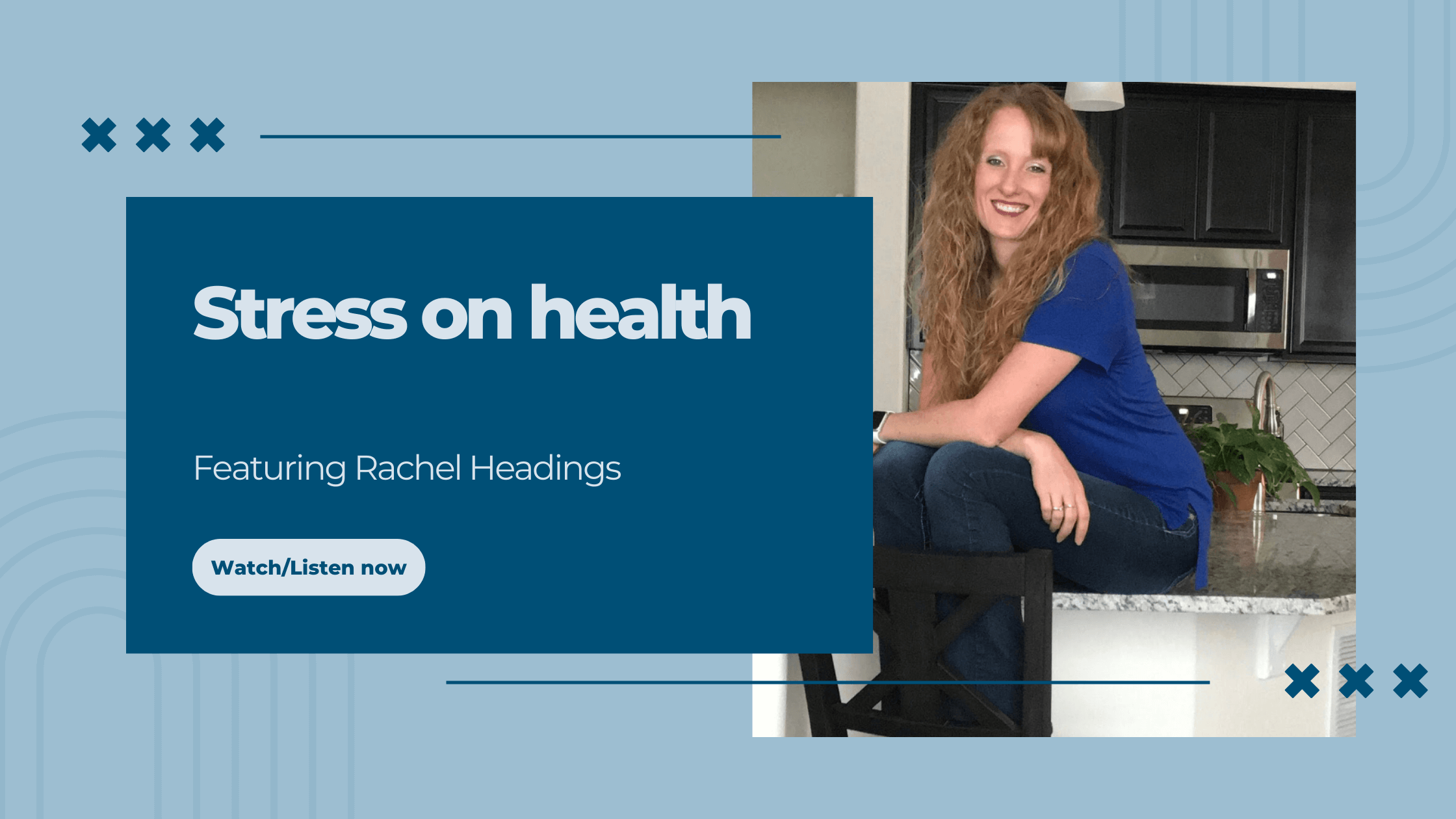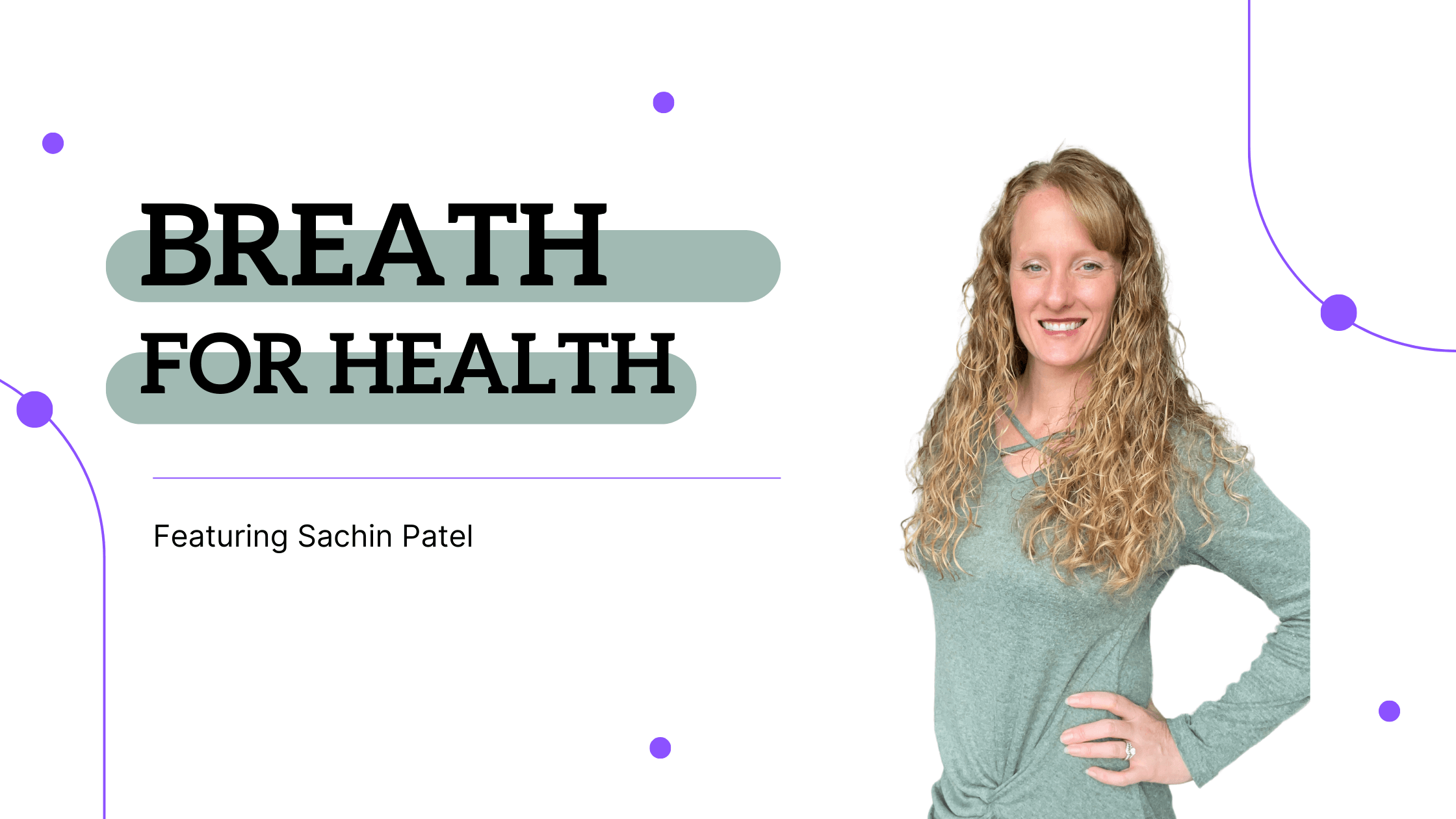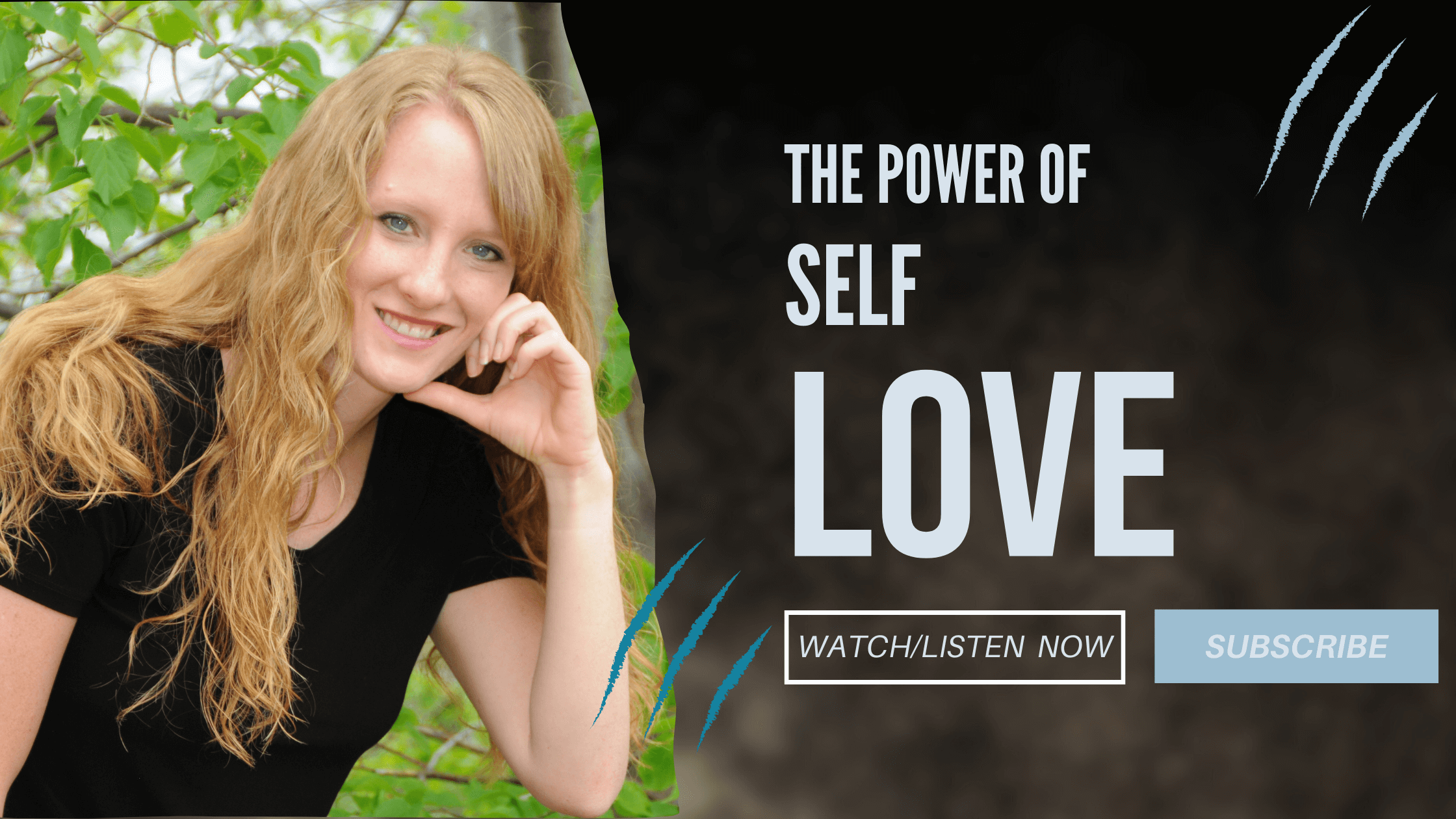
Inadequate sleep is a prevalent issue, with many turning to medication or aids, while the financial impact of tired workers is substantial. To improve sleep, we'll discuss four essential pillars: Circadian Rhythm, Glycemic Regulation, Stress, and Sleep Hygiene. These elements involve aligning sleep with natural body cycles, managing blood sugar levels to prevent sleep disturbances, reducing stress, and adopting healthier bedtime habits.
Circadian rhythms are critical for regulating sleep patterns, heavily influenced by light. Disruptions like shift work, inconsistent sleep schedules, and excessive blue light exposure can harm these rhythms, affecting overall health. Addressing blood sugar fluctuations is also vital, as imbalances can lead to nighttime awakenings and elevated cortisol levels, disrupting the natural sleep cycle.
Stress profoundly affects sleep through hormone imbalances and neurotransmitter disruptions, exacerbated by various stress triggers. Establishing good sleep hygiene promotes better rest, involving reducing device usage before bed, maintaining a consistent sleep routine, and creating a calming pre-sleep environment. While supplements can aid particular challenges, the primary focus should be on sustainable nutrition and lifestyle adjustments for lasting sleep improvements.
Read more...
On this episode of the Holistic Health Bites podcast, Dr. Tricia Pingel and I discussed the impact of stress on health, the importance of a holistic approach to health, and the significance of mindfulness and self-care in achieving long-term health goals. Dr Pingel also highlighted the negative health impacts of elevated cortisol levels and the interconnectedness of various bodily systems. Lastly, she emphasized the need to address the root causes of health problems and the importance of self-compassion and positive choices for health.
Read more...
Rachel detailed her struggles with numerous health issues from a young age, leading her on a path to functional medicine. She overcame challenges by addressing root causes through diet and lifestyle changes. She explained how chronic stress keeps the body in a constant "fear" state, impacting cells and health over time. Mental, emotional and environmental stressors all contribute to dysregulation of the HPA axis and stress response.
Rachel recommended starting each day with solo time to self-regulate the nervous system and reduce stress-driven behaviors. Other tips included identifying stress signs, using supplements to calm the stress response, and prioritizing rest. For those experiencing burnout, she stressed the need to completely stop all activities and prioritize self-care and rest through nutrition, movement, social support and relaxing activities to allow the body to heal from chronic stress.
Rachel suggested small, sustainable lifestyle shifts like improving morning routines, food choices, movement habits and mindset to take control of health, focusing first on nervous system support before addressing other issues. By gaining self-awareness and writing personalized wellness goals, one can gain freedom from past limitations. Journaling, expressing emotions and self-love help reprogram thoughts for ongoing mental and physical optimization.
Read more...
Sachin Patel is a functional medicine practitioner and breathwork expert. He got into this field after realizing conventional doctors had no answers for chronic illness patients. Breathwork became his passion for integrating simplicity and sophistication in health. In this episode, Sachin explained the health consequences of mouth breathing, including poor sleep, inflammation, and hormonal imbalance. Nasal breathing optimizes air through humidification, warming, and filtration before it reaches the lungs.
Sachin outlined various breathing patterns like coherence breathing and bellows breathing that can induce different physiological states. The "right" way to breathe depends on one's needs in the moment and goals. He recommended finding prompts like checking emails or driving to associate with breath awareness. This helps establish breathwork as a habit. Wearables can also gamify the process and show physiological impacts.
Sachin detailed how mouth taping at night trains nasal breathing, improving sleep, hormones, temperature regulation and more. It strengthens respiratory muscles weakened by devices like CPAPs.
HRV measures nervous system resilience through heart rate fluctuations with breathing. Higher HRV means better stress handling. Breathwork and lifestyle changes can optimize this important biomarker.
Sachin explained how breathwork impacts cell signaling, energy production and the body's intricate systems through oxygenation, CO2 balance and nervous system regulation. Proper breathing is the body's "steering wheel."
Read more...
In this episode of the Holistic Health Bites podcast, holistic nutritionist Thais Harris shares insights on integrating self-love into the journey toward ideal health. Thais emphasizes the critical role of self-love, distinguishing it as a practice that nurtures self-esteem and acceptance through mindfulness and present-moment awareness. Her approach underscores the importance of valuing oneself without conditions, a principle that has guided her both personally and professionally.
Through her work with women and cancer patients, Thais discovered how a deepened sense of self-love, extending beyond mere mindfulness, can significantly enhance health outcomes. She shares intimate details of her own battle with skin cancer, revealing how self-love practices such as mirror work, positive affirmations, and gratitude light-beam visualization played crucial roles in her healing process. Despite undergoing surgery, Thais credits these self-love practices with facilitating recovery and managing recurrences, highlighting their power in fostering resilience and acceptance.
Expanding on the concept of "DIET" as the daily intake of all influences—including thoughts, media, movement, and environment—Thais and her husband have observed how small, love-guided choices can profoundly impact one's health. This holistic perspective encourages listeners to reconsider their approach to health and well-being, emphasizing the transformative potential of self-love in achieving optimal health.
Read more...















